Trump cabinet member: Huawei and ZTE are untrustworthy
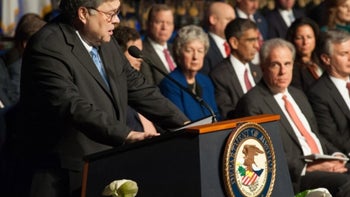
Chinese phone and networking equipment manufacturers Huawei and ZTE have both been considered threats to U.S. national security. Both have been banned at one time from their U.S. suppliers (ZTE eventually reached a costly settlement with the Commerce Department), and now both companies are being called untrustworthy by U.S. Attorney General William Barr. The latter was writing a letter to Ajit Pai, the chairman of the FCC, to support the regulatory agency's draft Report and Order banning Huawei and ZTE from selling goods to regional and rural telecom operators receiving money from the Universal Service Fund. The fund is managed by the FCC and is used to make sure that Americans with a low-income, or those living in rural areas of the country, have the same access to telecom services as others living in the country.
FCC Chairman Pai tweeted a copy of the letter he received from Barr. Because the $8.5 billion Universal Service Fund purchases networking equipment for rural carriers, the Attorney General pointed out that with 5G networks being built, it is important for the U.S. to be cautious about purchasing networking gear from Huawei and ZTE. "We will become even more dependent on those networks as more and more devices and services are connected and operate at unprecededented (sic) speeds. Human life and safety as well as critical government functions will ride on them," Barr wrote. He also made a comment aimed at U.S. allies like Britain and Germany that did not heed warnings from the U.S. not to allow Huawei's gear to be used in 5G networks. "Our national defense will depend on the security of our allies' networks as well as our own," the Attorney General wrote.
FCC will vote on the proposal to ban the Universal Service Fund from purchasing gear from Huawei and ZTE on November 22nd
In the letter, Barr stated that when it comes to the two Chinese manufacturers "their own track record, as well as the practices of the Chinese government, demonstrate that Huawei and ZTE cannot be trusted...we should not signal that Huawei and ZTE are anything other than a threat to our collective security, for that is exactly what they, through their actions, have shown themselves to be." The FCC will vote on the proposal to ban the use of Universal Service Funds to purchase Huawei and ZTE networking equipment on November 22nd. The FCC will demand that U.S. carriers remove and replace equipment from the two companies that are already part of their networks. As of this past August, Huawei was the global leader in networking equipment with a 28% share. ZTE was fourth with 10%.
Last month, we passed along a report stating that the Trump administration discovered that no U.S. firm manufacturers the radio equipment that transmits signals from mobile phones to cell towers and vice versa. Reportedly, administration officials spoke with Oracle and Cisco in an effort to get at least one of these firms to enter this business. However, both companies said that it would take too much time and money for them to compete with Huawei. Another plan that U.S. officials considered was to have the government help Huawei and ZTE competitors Nokia and Ericsson offer more generous financing terms to their customers; this would be done by having the U.S. provide funds to both companies. Huawei is able to provide its customers with long payment schedules through funding it receives from China's state-run banks.
Huawei and ZTE are considered security threats to the U.S. because Chinese law allows the government to demand that companies gather intelligence at its behest. As a result, U.S. lawmakers are concerned that the firms' equipment contains backdoors that send information to Beijing. Both Huawei and ZTE have denied these allegations.

![T-Mobile is phasing out plans with included taxes and fees starting tomorrow [UPDATED]](https://m-cdn.phonearena.com/images/article/169988-wide-two_500/T-Mobile-is-phasing-out-plans-with-included-taxes-and-fees-starting-tomorrow-UPDATED.jpg)


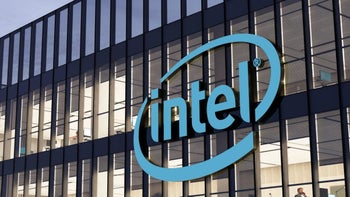
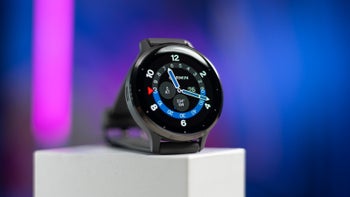
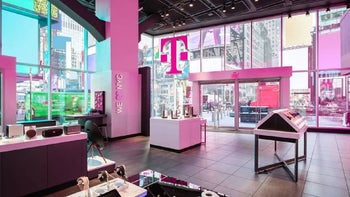
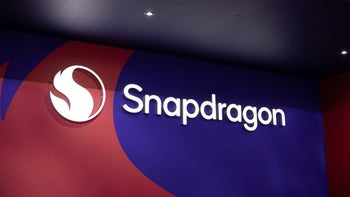
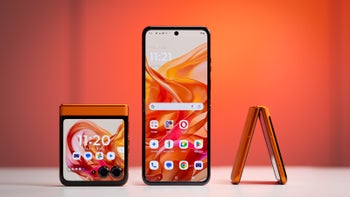
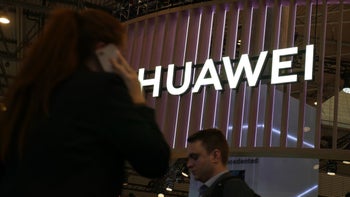
Things that are NOT allowed: